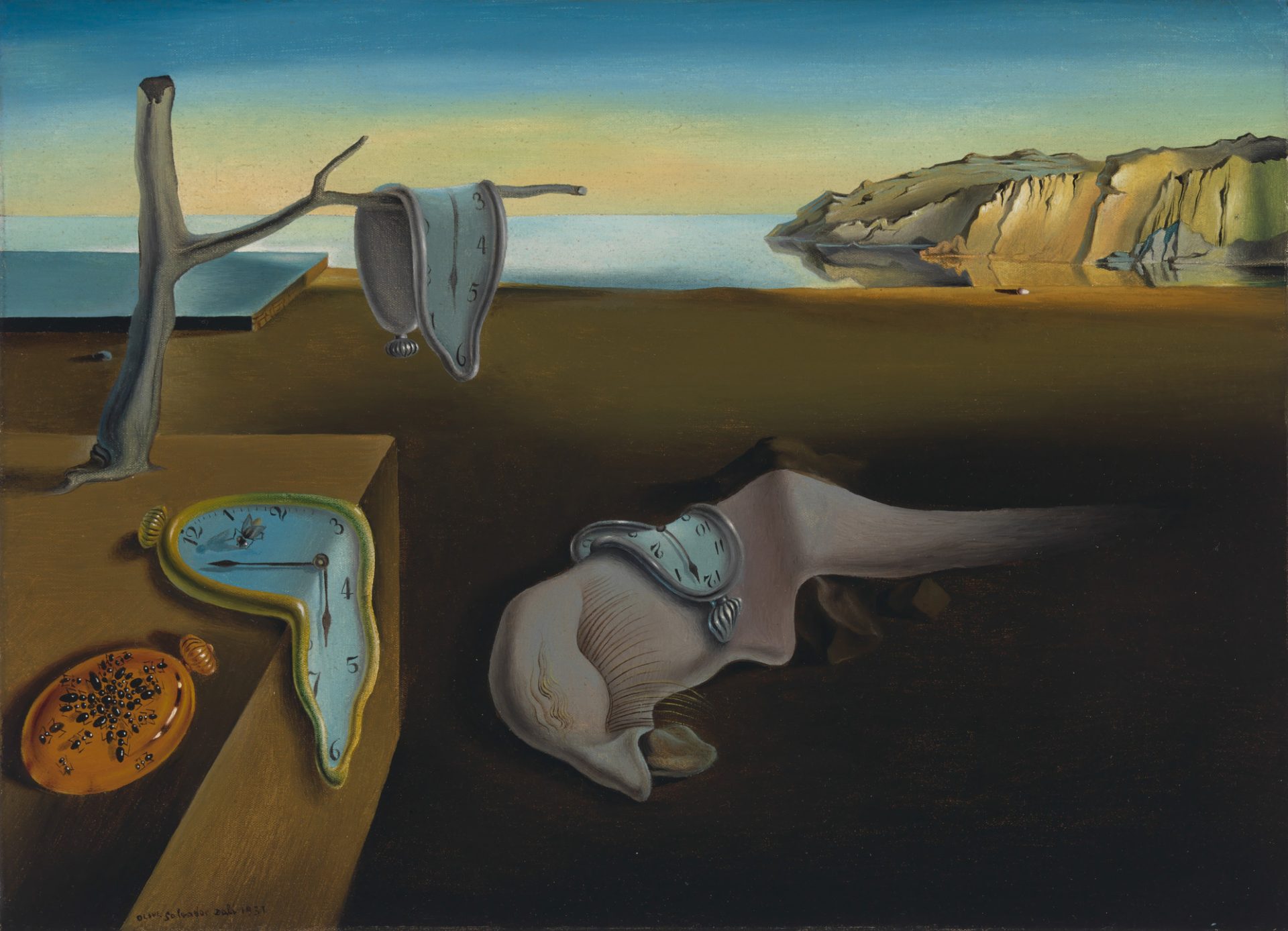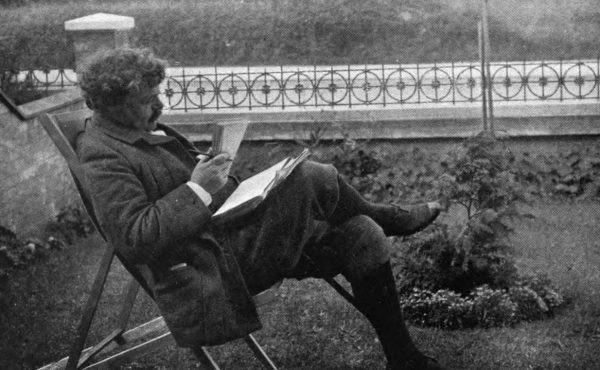This post was inspired by the theme of the upcoming Dawson Society conference: Home: Family. Place. Economics. Topics such as this and many more will likely find thorough treatment at the conference. For more information, see here. We will look forward to seeing you at the conference in July.
It is May 2025, and while one would not know it from looking around, it is still Easter. The great solemnity of the resurrection of the LORD fell this year on April 20, which means that the entire month of May—and much of June—falls into the great festal season of Easter, a festal season that lasts 50 days. Sadly, though, our market-driven consumerist culture has moved on. Easter, like most and perhaps even all other festivals in our age, has been co-opted by The Economy and is thus given short shrift.
Our present culture has done a fairly impressive job at repurposing all sorts of festivities and gearing them towards the generation of profit. Easter, as I mentioned, comes and goes in the marketplace with nary a mention of the historical or religious significance of the feast. Instead, we are bombarded with images of brightly coloured eggs and fluffy bunnies, and the solemn practice of exchanging of delicious chocolates covered in coloured foil has seemingly replaced participation in the various liturgies and devotions as the preferred mode of observance for this feast.
The utilisation of festivity for financial gain has become something of a fine art, and we have come to see whole industries grow up around traditional feast days and new ones concocted ex nihilo purely for the purposes of coercing people into parting with their hard-earned money. Even observances like Mother’s Day, ostensibly established with genuine philanthropic ends in mind are quickly usurped and repurposed for what seems to be purely commercial gain—much to the chagrin of the founder. But there is something particularly gaunt about our rather decadent and ostensibly festival rich culture. Our feasts are rather short lived.
The abbreviation of festivity can seem rather counter intuitive, especially if we think of the purpose that they assume in our heavily consumeristic culture. The festival, whatever festival it might happen to be, seems to be a great thing for commerce, and indeed it is. Surely then, would not expanding the scope of any single festival across time increase its profitability? But this is not exactly as it seems.
The festival, the feast day, involves something of a sacrifice that is counter to the extravagant lifestyle that is promoted by the market driven economy. The great German Thomist philosopher of the Twentieth century, Josef Pieper explains that ‘the day of rest is not just a neutral interval inserted as a link in the chain of workaday life. It entails a loss of utilitarian profit. In voluntarily keeping the holiday, men renounce the yield of a day’s labor. This renunciation has from time immemorial been regarded as an essential element of festivity.’[1]
When we consider the festival in light of this, we come to understand quickly why the festive season has become so truncated. There is a perverse logic to it. The market calls for more feasts, but there is a push to ensure that the feasting is done quickly so that everyone can resume work as soon as is possible. In fact, the festivities that are best according to market-driven metrics of success which govern this culture are the ones which do not ask for anyone to take any time off at all. The weekly Sunday feast is now occluded in favour of the convenience and profitability of Sunday trading, in favour of artificial feasts like Valentine’s Day which is the market economy festival par excellence: flowers are purchased, cards are written, chocolates are given, fancy dinners are consumed, hotels are booked, and nobody has missed a day of work.
There is a particularly thin quality to the commercial feast day. It comes and goes with only just enough time to purchase whatever needs to be purchased so that one is able to adequately observe the feast. Time continues to move at an undifferentiated pace, and this is what the market needs, a homogenisation of human existence which allows for the kind of predictability that helps generate and maintain profits.
While New Polity’s Marc Barnes (who will be providing the keynote at our upcoming conference) and Andrew Willard Jones will note that the market-festival of ‘Black Friday’, which follows the U.S. civic holiday of Thanksgiving almost as an act of reparation to the god Mammon for having had the gall to take the previous day off, our point here is that the increasingly thin and truncated nature of the festival in ‘developed’ late-modern capitalist societies has the effect of homogenising our experience of time making it, much like a drab beige apartment fitted with Ikea furniture: cold and impersonal, indeed, inhuman.
There are, of course many other factors that we could speak of which flatten our experience of time: the fact that reality is mediated to us via the ever-present screen in our pockets; the general lack in historical awareness; and the fact that Australians spend 90% of their time indoors, which means that we live with a general unawareness of and disinterest in the changing seasons, a reality facilitated by temperature controlled homes and offices are just some of the contributing factors to this phenomenon. All of this amounts to a kind of presentism, an experience of reality reduced to nothing more than the now, a now which is as meaningless and ho-hum as it was yesterday, and the day before, and will be tomorrow and beyond. It is a return to the pre-Christian pagan notion of the cyclical nature of time.
But humans are domesticating creatures. And the task to fill the earth and subdue it given us in Genesis 1 extends beyond space and into time itself. Marking the seasons and celebrating festivities create what we might think of as temporal niches, if one can conceive of time in such a way, in which one can experience a certain homeliness. Devoid of such temporal diversity we end up experiencing time as an amorphous and homegenised reality that continues to march in an endless cycle on and on at an endless and monotonous pace.
So, what then are we to do?
Festivity, and liturgy more generally allows us to approach time as it is, that is, as a gift, given to us by God. It has its own ebbs and flows, which we can choose to attend to. Festivity and liturgy allow us to respond to that gift appropriately with gratitude and an openness of receptivity – to create for ourselves and for others a temporal sense of home.
We need to be attentive to and active participants of the feast. It was Nietzsche who wrote that ‘the trick is not to arrange a festival, but to find people who can enjoy it.’[2] In short, what we need it to prepare ourselves. Get ready to party.
________________
[1] Josef Pieper, An Anthology (San Francisco: Ignatius Press, 1989), 151.
[2] Quoted in Pieper, An Anthology, 149.



